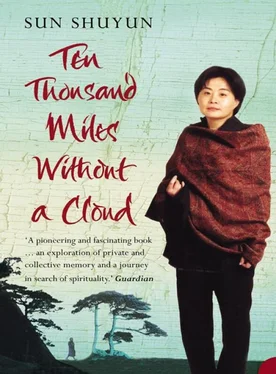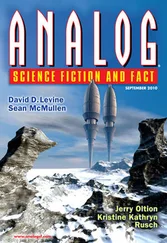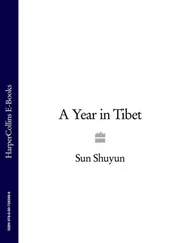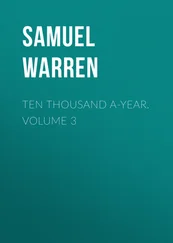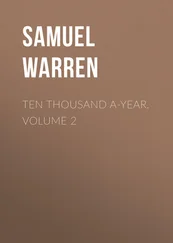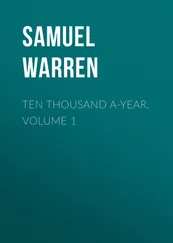And so, abandoned and alone, Xuanzang pressed slowly and painfully on through the Gobi Desert, unsure of his direction and guided only by heaps of bones and piles of camel-dung. The frontier poet Cen Sen left us a description of what Xuanzang had to go through: ‘Travellers lost their way in the endless yellow sand. Looking up, they saw nothing but clouds. This was not only the end of earth but also of heaven. Alas, they had to go further west after Anxi.’ Through exhaustion, and the heat, Xuanzang saw what appeared to be hundreds of armed troops coming towards him. ‘On one side were camels and richly caparisoned horses; on the other, gleaming lances and shining standards. Soon there appeared fresh figures, and at every moment the shifting spectacle underwent a thousand transformations. But as soon as one drew near, all vanished.’ Xuanzang believed himself to be in the presence of the army of Mara, the demon in Buddhist mythology who had attempted to distract the Buddha while he was in deep meditation to achieve enlightenment. But it was only a mirage.
A more immediate danger was this watchtower, the first of the five he had to pass. He waited until nightfall and found the little spring that Pantuo had told him about. It is still there today, clear and cool, surrounding the watchtower’s ruins. He went down to drink at it and wash his hands. Then, as he was filling his water bag, he heard the whistle of an arrow, which nearly hit him in the knee. A second later, another arrow followed. Knowing he was discovered, he shouted with all his might: ‘I am a monk from the capital. Do not shoot at me!’
Xuanzang was brought before the captain, who was a lay Buddhist. On hearing the monk’s plan, he too told him to turn back. The road was dangerous and he did not think the pilgrim would be able to reach India at all. Xuanzang was grateful for his concern but told him that he was so troubled with doubts, he just had to go. ‘You, a benevolent man, instead of encouraging me, urge me to abandon my efforts. This cannot be called an act of compassion,’ he said to the captain, and then added: ‘You can detain me if you want to, but Xuanzang will not take a single step in the direction of China!’
Impressed by Xuanzang’s determination and fearlessness, the officer decided to help the pilgrim. Xuanzang stayed with him for the night and began his journey with a good supply of food, water and fodder for his horse. He was given an introduction for the fourth watchtower, but was warned against the fifth because the officer there had no sympathy for Buddhism. Instead, he should head for the Wild Horse Spring sixty miles to the west of it, and from there all paths would be clear. But with no experience of travelling in the desert, Xuanzang soon got lost. To add to his grief, his water bag slipped from his hand as he lifted it to drink. In an instant, his whole supply of water vanished into the sand. In total confusion and despair, he turned back and started retracing his footprints. But after a few miles he stopped. He remembered his vow: ‘Never take one step back towards China before reaching India.’
I had to keep going westwards too. I could resume my train journey from the Willow Station, and asked the driver to take me back there. When I looked out of the train window I saw nothing apart from the cloudless blue sky, a few lonely white aspens along the railway line, and a vast expanse of sand and gravel, grey, featureless; craggy mountains hemmed a distant horizon, topped with snow, but they looked impossibly aloof. Crossing the Gobi Desert even on a modern train is forbidding. I found it incredible that Xuanzang had journeyed through it alone, with no guide but his own shadow and his faith. I talked to the young man opposite me and told him about Xuanzang’s adventure in the Gobi.
‘I thought the emperor had all sorts of arrangements made for him. It says so in The Monkey King. ’
‘That is fiction,’ I said.
‘I know the monkey is a fictional creation. But Xuanzang must have had a lot of protection and companions. You aren’t telling me he did it all on his own.’ He shook his head vehemently. ‘You remember what happened to the famous scientist who disappeared in the desert in the 1980s? He even had satellite communication. But he never came back. Such a waste of a life.’
Xuanzang almost suffered the same fate. For four days he was lost in the Gobi, without a single drop of water. The burning heat and the punishing winds brought him to the verge of collapse. On the fifth day he fell on the sand, unable to take a single step further. His horse fell too. All he had strength for was to mutter a few prayers. He desperately turned to Guanyin: ‘In venturing on this journey, I do not seek riches, worldly profit or fame; my heart longs to find the true Law. Your heart, O Bodhisattva, forever yearns to deliver all creatures from misery. I am in such danger. Can you not hear my prayers?’
This was the worst moment in his entire journey. He was young, only twenty-seven, and had never faced the real dangers of life and death. He was determined and thought he was prepared, but he had not expected so much hardship so soon, before even leaving China. The emperor and nature itself had joined forces to put an end to his journey almost before it had begun. He was alone; he was lost; and he was dying. He remembered a sutra with the story of Guanyin saving a merchant who had been shipwrecked in the open sea for seven days. But his favourite Bodhisattva seemed to be ignoring his plea for help, although he prayed all the time to her. Was she really up there somewhere? If so, why would she not come to rescue him? The vast desert looked ready to swallow him up; death could be hours or minutes away. He would become just another pile of bones in the sand.
After praying to Guanyin, Xuanzang began to recite the Heart Sutra. He had learned it many years before from a sick man he had tended. It is the shortest sutra in the Buddhist canon but is regarded as the essence of Chinese Buddhism. He was told to recite it when he was in danger and when everything else had failed. Now he needed it more than ever. When he approached the end, these were the words he would have spoken to himself: ‘The world is ultimately empty. The wisdom of the Bodhisattva is such that he has no illusions in his mind, hence, no fear.’
The Buddha taught that having no illusions means seeing things as they really are, which in turn means recognizing the impermanence of everything. The Buddha often told his disciples that life is only a single breath. It is momentary, changing every second, and in one continuum with death. And for a Buddhist death is not an end, just a point between this world and the next. One will be reborn – though in what form depends on one’s karma. Xuanzang could hope that he would still be able to carry on his mission in his next life.
So he calmed himself. His panic was behind him, and he could think about what to do next. He picked himself up, and pulled hard on the horse’s reins. To his amazement, the old roan staggered up and set off. They struggled for nearly four miles when suddenly the horse turned in a different direction, and no matter how hard Xuanzang tried, he could not make it change its path. He let himself be guided by the creature’s instinct. Before long he saw green grass a little way off, and a shining pool, bright as a mirror. He was saved. Old horses indeed know the way.
In the Gobi, Xuanzang had passed the ultimate test. In this contest between nature and will, he triumphed over his anxiety, fear and despair. It had nearly cost him his life, but it gave him confidence. From then on, he felt there was nothing he could not face. I could hardly believe the story, and when I told it to the young man sitting opposite me, he could not believe it either. He thought I was pulling the wool over his eyes, or telling him an episode from the story of The Monkey King.
Читать дальше
